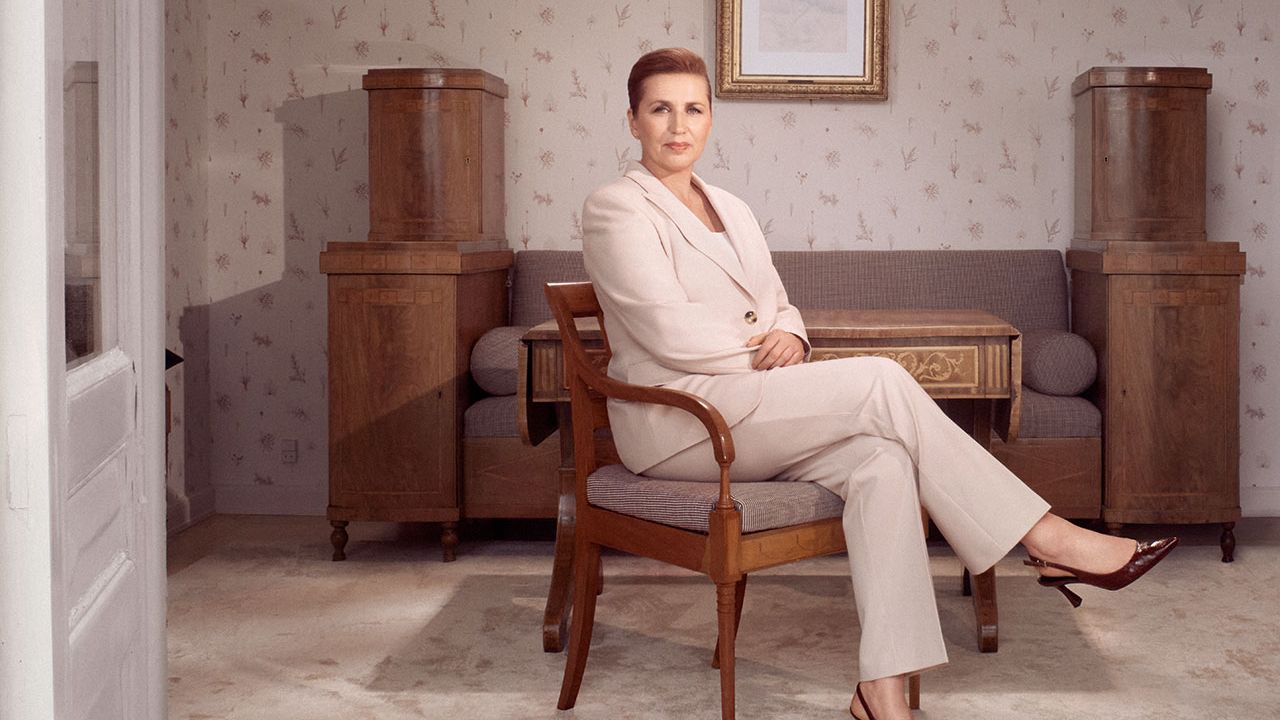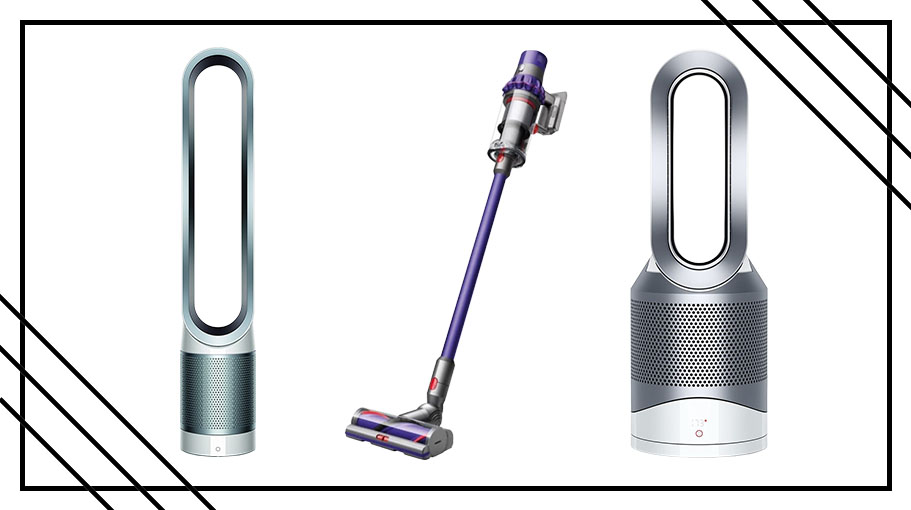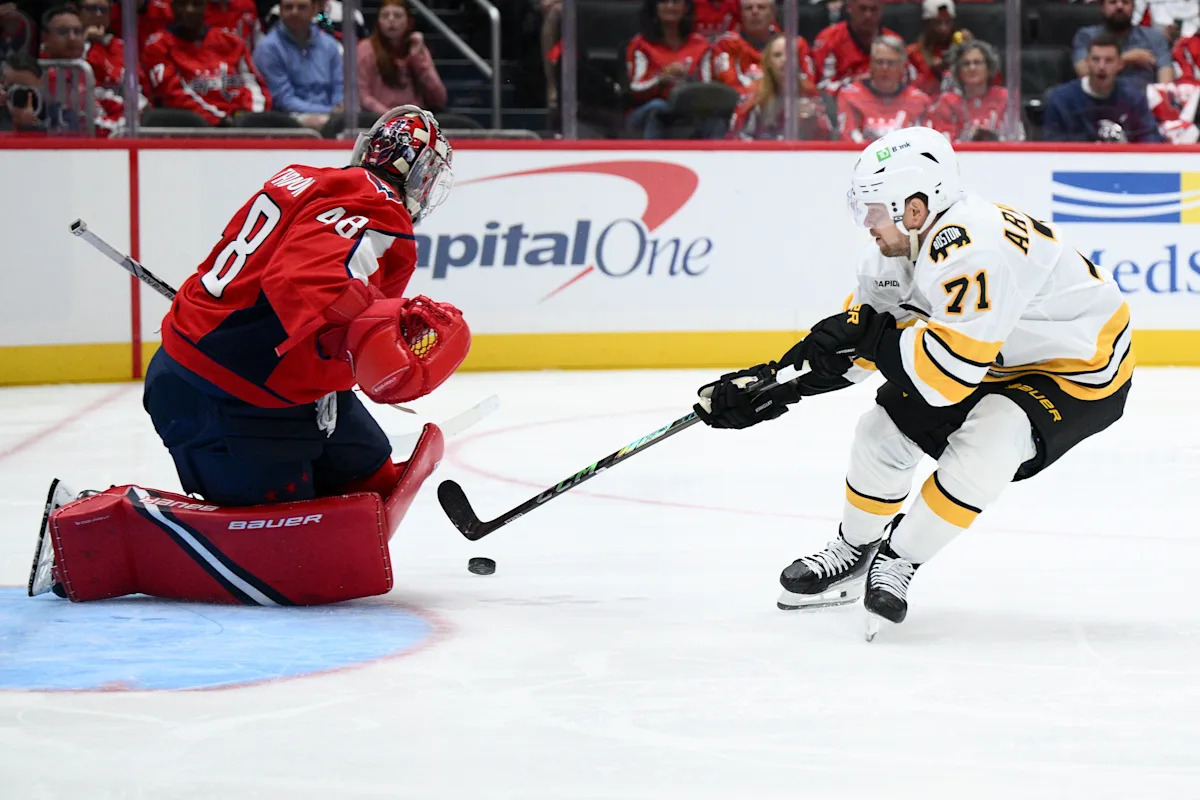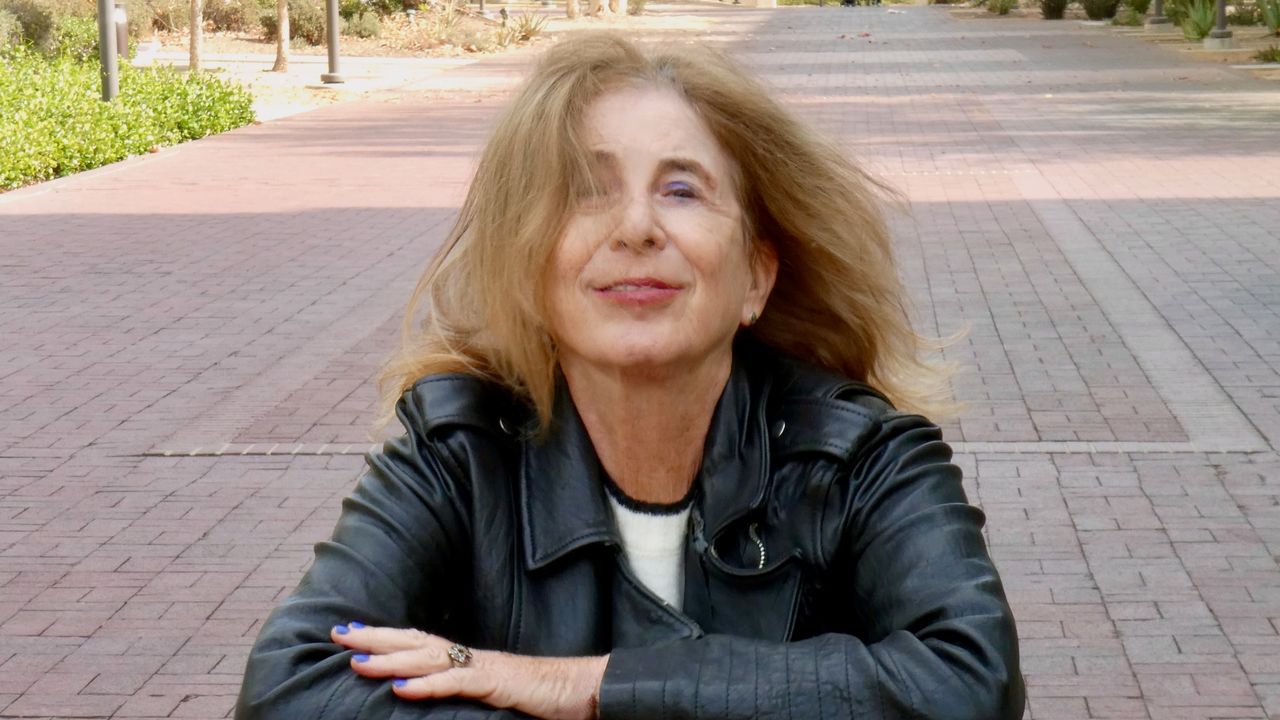
“Whenever we are taking a decision about something, we have to come back all the time and ask, ‘Is this the way we want it to work?’ I evaluate everything when I come home. And I’m very hard on myself.”
Being a woman in political leadership still carries, she tells me, an additional layer of scrutiny, even though Denmark’s first female leader, Helle Thorning-Schmidt, who was prime minister from 2011 to 2015, took the initial knocks. “Thorning-Schmidt was hit on the gender issue simply because she was the first one. So we have a lot to thank her for. I’m very much aware that because I’m not the first one, things have been easier for me,” Frederiksen says, thoughtfully. “But [misogyny] is still there. We see it when something is toxic in Denmark. If you look at the words that are used about me when people are criticizing me, especially during COVID-19—and COVID-19 was toxic—there was a gender aspect to that. I was accused of being ‘too powerful,’ ‘too strong.’ And I have to say, that would not have happened for a man.”
What about on the world stage, where there are even fewer women leaders? “I have a good relationship with my primarily male colleagues, other world leaders,” Frederiksen insists. “Of course there have been some strange situations. But I will share those when I’m no longer in office,” she says with a laugh.
Even while very much still in office, Frederiksen does have a life outside work, and personal projects which also sound daunting. “My husband and I, with some very good friends, have bought an old farm. It’s an old dream, and it’s a big project!” she says, laughing. “And a lot of work to be done. I have been living in Copenhagen for quite a number of years, but I have to admit, I’m better off close to nature.” She pauses. “There’s this small tractor. It’s my favorite.”
Frederiksen’s husband, the noted cinematographer Bo Tengberg, also keeps her plugged in on the TV scene. Denmark continues to punch above its weight with popular Nordic noir dramas, many of which Tengberg has worked on; most recently Reservatet, or Secrets We Keep. “Have you watched?” Frederiksen asks. “I’m still at the beginning.”
I haven’t seen Reservatet yet, but I do admit that in preparation for meeting her, I rewatched Borgen, the decade-old Danish series that imagines the drama unfolding around the country’s young, female, centrist prime minister as she contends with the populist right. Does it bear any resemblance to reality? “Not really.” Frederiksen shakes her head. “Politics is a bit more boring than people realize. Except in the last couple of years,” she adds.
“One of the best things about being a politician in Denmark is that we still live more like the rest of society than other countries,” she says. “I live on an ordinary residential street, where people are walking by. My family lives a normal life. I do the shopping myself. I go to a public gym in the morning.”
And yet the pressure mounts. As the United States—the greatest military power in the world—continues its uneasy foreign policy maneuvers, she is under no illusions about the scale of the threat she faces. If this feels daunting, Frederiksen doesn’t show it. “Because it’s not only a question about Greenland,” she declares emphatically. “If we accept that the big power can bully other countries, then it’s game over for all democracies.
“This is one of these moments,” Frederiksen says, finally. “There is one in every generation, where you have to choose between right and wrong.”
#Danish #Prime #Minister #Mette #Frederiksen #Greenland #Ukraine #Global #State #Democracy






